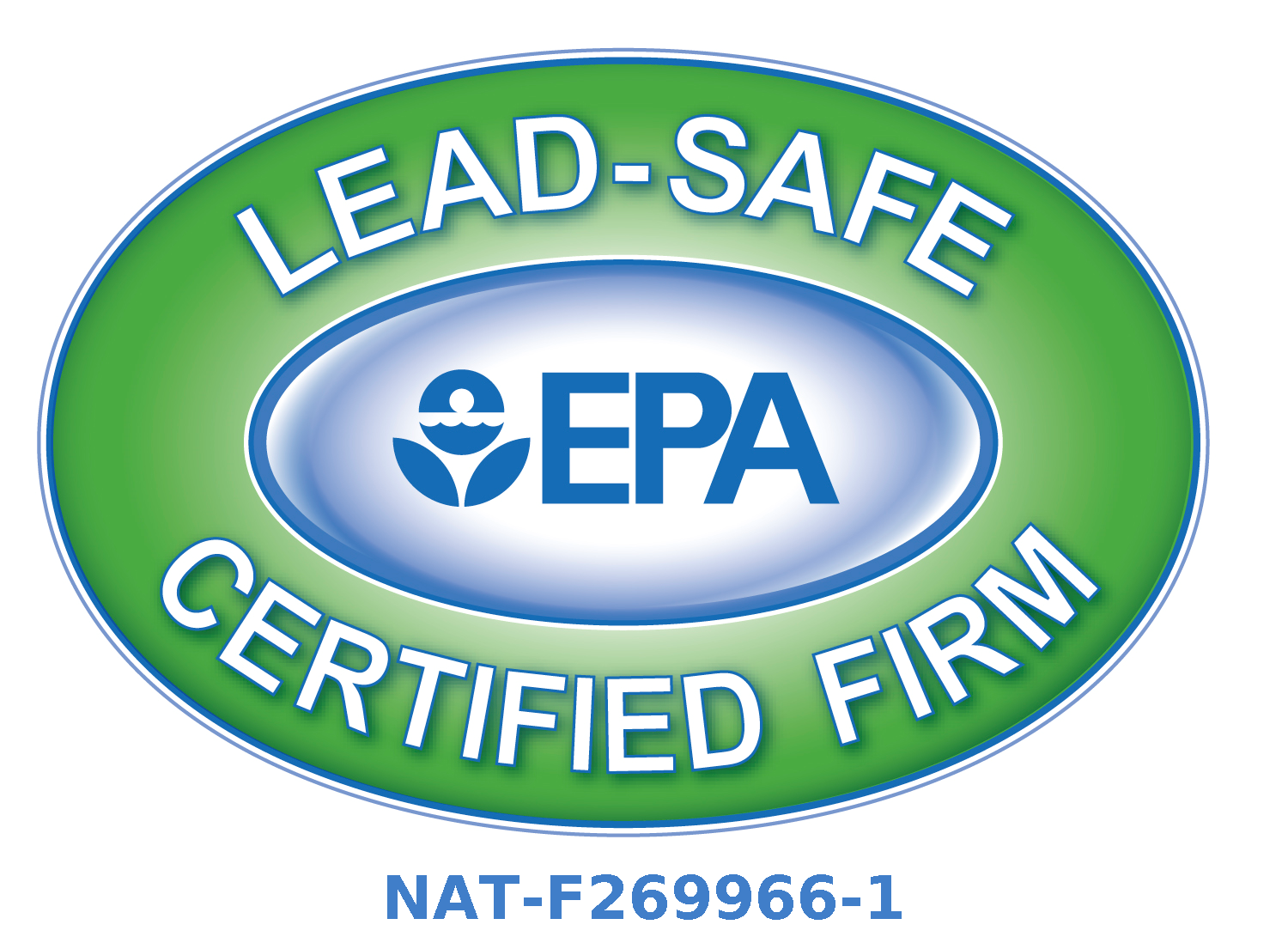Knowledge Center: Your Go-To Resource for ADUs and Tiny Living
Knowledge Center: Your Go-To Resource for ADUs and Tiny Living
Email [email protected]
Phone 860-TINY-HOM (es)

How do I find out if ADUs are allowed in my neighborhood?
Adding an Accessory Dwelling Unit (ADU) to your property can provide additional living space, rental income, or a space for aging relatives. However, before you embark on this endeavor, it is crucial to determine if ADUs are allowed in your neighborhood.
This article will guide you through the necessary steps to find out the regulations and restrictions regarding ADUs in your area, from researching local zoning laws to consulting with relevant authorities and neighbors. By understanding the process of determining ADU feasibility in your neighborhood, you can make informed decisions about whether to pursue this housing option.
Contemporary Tiny Homes will be with you every step of the way, helping you navigate all zoning codes and regulations and managing all surveys and engineering studies as needed.
What are ADUs?
ADUs, or Accessory Dwelling Units, are additional living units on a single-family residential lot. They can be attached to the main house, like a basement apartment, or detached, like a in-law suite or guesthouse.
There are different types of ADUs, including attached ADUs, detached ADUs, garage conversions, and basement conversions. Each type has its own set of requirements and regulations that vary based on local laws.
Researching Local Zoning Regulations
Understanding Zoning Laws
Zoning laws dictate how properties can be used and what can be built on them. Familiarize yourself with your local zoning regulations to understand if ADUs are allowed in your neighborhood and what restrictions may apply.
Locating Zoning Ordinances
Zoning ordinances are typically available on your city or county's official website. You can also visit the local planning department or speak with a zoning official to get more information on ADU regulations in your area.
Contacting Local Planning Department
Identifying the Relevant Department
The local planning department or zoning department is usually the authority that oversees ADU regulations. Contact them to inquire about the specific rules and requirements for building an ADU on your property.
Scheduling a Meeting or Appointment
To get detailed information about ADUs in your neighborhood, consider scheduling a meeting or appointment with a zoning official. They can provide guidance on the application process, required permits, and any potential restrictions.
Reviewing Homeowner's Association Restrictions
Requesting HOA Documents
If you live in a neighborhood with a Homeowner's Association (HOA), request a copy of the HOA documents to review any rules or restrictions related to ADUs. HOAs may have additional regulations that could impact your ability to build an ADU.
Reviewing Covenants, Conditions, and Restrictions (CC&Rs)
Check the Covenants, Conditions, and Restrictions (CC&Rs) in the HOA documents to see if there are any limitations on building ADUs on your property. Understanding these restrictions will help you determine if ADUs are allowed in your neighborhood.
Consulting with a Real Estate Professional
If you're pondering the prospect of an ADU in your neighborhood, a real estate professional can be your guiding star. Not only can they unravel the complexity of ADU regulations, but they can also help you navigate the winding paths of local ordinances and restrictions.
Benefits of Real Estate Professional Guidance
Why go it alone when you can have a seasoned pro by your side? Real estate professionals can provide invaluable insights into the intricacies of ADU regulations, potentially saving you from a sea of red tape and bureaucratic mishaps.
Locating ADU-Experienced Real Estate Agents
Not all real estate agents are created equal. Seek out those who have experience with ADUs, as they'll be equipped to offer specific guidance tailored to your ADU ambitions.
Exploring Permitting Process for ADUs
Before you break ground on your ADU dreams, it's crucial to get a handle on the permitting process. Understanding the ins and outs of permit requirements can help you avoid costly delays and headaches down the road.
Understanding Permitting Requirements
Permits can be as tricky as deciphering hieroglyphics, but fear not! By understanding the permitting requirements for ADUs in your area, you can set a solid foundation for a smooth construction process.
Preparing Permit Application Documents
Assembling the necessary permit application documents may sound about as fun as a root canal, but it's a crucial step in bringing your ADU vision to life. Get your paperwork ducks in a row to streamline the permitting process.
Assessing Feasibility and Costs
ADU dreams are great, but crunching the numbers is where the rubber meets the road. Evaluating the feasibility and costs associated with your ADU project can help you make informed decisions and avoid financial pitfalls.
Evaluating Budget Considerations
Assessing the financial implications of your ADU project can help you set realistic expectations and avoid any wallet-induced heart palpitations.
Assessing Construction Feasibility
Dream big, but build smart. Conducting a thorough assessment of the construction feasibility of your ADU project can help you identify any potential roadblocks and ensure a smoother building process.
Engaging with Neighbors and Community
In the world of ADUs, good fences may make good neighbors, but communication is key. Engaging with your neighbors and community can help foster positive relationships and address any concerns they may have.
Communicating with Neighbors
A little neighborly chitchat can go a long way. Keeping your neighbors in the loop about your ADU plans can help alleviate any worries they may have and foster a sense of community harmony.
Attending Community Meetings or Hearings
Get involved and get informed. Attending community meetings or hearings related to ADUs can provide valuable insights and help you stay abreast of any local developments that may impact your project.
Conclusion
As you navigate the process of determining if ADUs are allowed in your neighborhood, remember that each community may have unique regulations and considerations. By diligently researching local zoning laws, consulting with the appropriate authorities, and engaging with your neighbors and community, you can gain clarity on the feasibility of adding an ADU to your property.
Whether your goal is to create additional living space or generate rental income, being informed about the regulations surrounding ADUs will help you make sound decisions for your property and future endeavors.
FAQ
Are ADUs allowed in all neighborhoods?
ADU regulations vary by location, and not all neighborhoods permit the construction of ADUs. It is essential to research and understand the zoning laws specific to your area to determine if ADUs are allowed in your neighborhood.
Do I need approval from my neighbors to build an ADU?
While neighbor approval may not be a formal requirement in all cases, it is advisable to communicate with your neighbors about your plans to build an ADU. Engaging with your neighbors can help address any concerns and foster positive relationships within the community.
How can I find out if my property is suitable for an ADU?
Determining the suitability of your property for an ADU involves factors such as lot size, existing structures, and local regulations. Consulting with a real estate professional or a local planning department can help you assess the feasibility of adding an ADU to your property.

Copyright 2026. All rights reserved. Norwalk, CT
Connecticut's New Home Construction Contractor License: #NHC.0017654
EPA Lead-Safe Certified NAT-F269966-1



